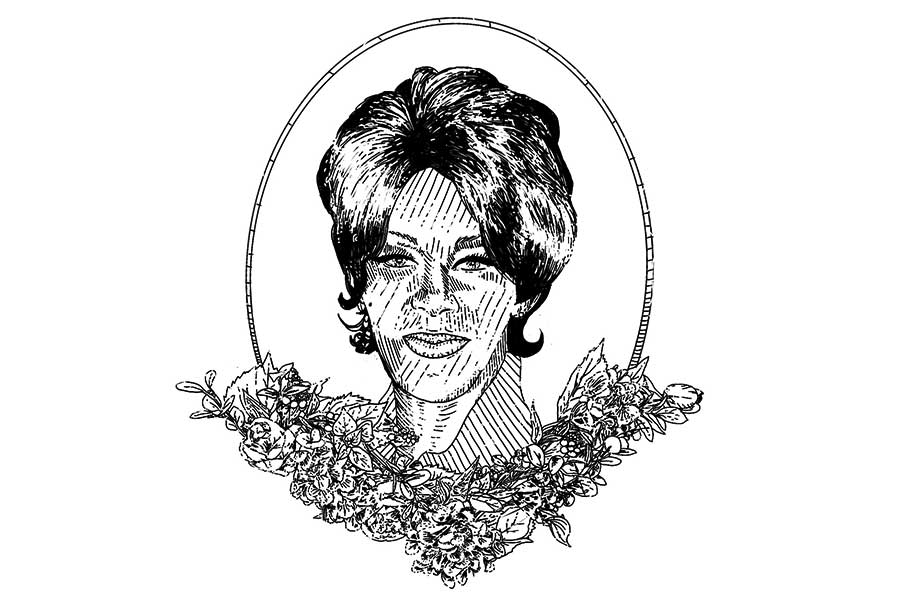On Dec. 3, trans attorney Julie Chovanes filed a legal document explaining why she’s asking Commonwealth Court to reverse a lower court’s decision and grant her access to records at the Philadelphia District Attorney’s Office relating to the Nizah Morris incident.
In April 2018, Chovanes requested all records at the office relating to the Morris case, citing the state’s Right-to-Know law. On Oct. 17, oral arguments were held before Common Pleas Judge Edward C. Wright.
Wright didn’t issue a decision from the bench. But later that day, he issued a one-sentence decision, stating that “this court affirms the decision of the District Attorney’s Office of Open Records [denying access to the requested records].”
Morris, 47, was a trans woman of color who was found with a fractured skull in 2002, shortly after getting a police “courtesy ride” from the area of 13th and Walnut to 16th and Walnut. Her homicide remains unsolved.
During oral arguments, Catherine B. Kiefer, chief of the DA’s civil-litigation unit, told Wright that state law prohibits the DA’s office from providing Chovanes with a copy of its Morris file. “Criminal files are not something we’re permitted to turn over,” Kiefer told the judge.
She said the Right-to-Know law and the Criminal History Record Information Act preclude criminal records from being released to the public.
For her part, Chovanes emphasized her concern that Morris was killed while in police custody. She told Wright that the courtesy ride began around 3:15 a.m. Dec. 22, 2002, and passing motorists found Morris just 10 minutes later with a fatal head wound at 16th and Walnut.
In January 2019, a former DA staffer submitted an unsworn attestation, asserting that the DA’s office has an “open” Morris investigation. “The DAO’s criminal investigation into the death of Morris remains open,” the former staffer wrote.
But Chovanes’ Dec. 3 filing disputes the attestation’s contents. The filing refers to a February 2018 press conference given by DA Larry Krasner, during which he stated the Morris case isn’t a “pending criminal matter” at the DA’s office.
In response to a question by PGN, Krasner said: “In reference to the Nizah Morris case, which is not a pending criminal matter in this office, as you know. It happened many years ago and charges were not brought, although there was a civil lawsuit around it. I can say a little bit more than I can say about a lot of cases because this is not something that is being prosecuted at this time.”
Chovanes’ filing also argues that the unsworn attestation is based on “double hearsay,” and provides insufficient evidence to support the office’s position that its Morris records are exempt from disclosure.
The next step in the litigation is for Wright to issue a detailed opinion, explaining his reasons for denying Chovanes access to the Morris records. Then the case will be considered in Commonwealth Court, where oral arguments are possible.
Cameron L. Kline, a spokesperson for the DA’s office, said in an email: “Because this is still a pending and active case, the office does not have any comment.”
Chovanes also declined to comment for this update.
Justin F. Robinette, a civil-rights attorney who’s following the case, expressed concern that a cover-up at the DA’s office appears to exist. “At some point, we need transparency in the Morris case,” Robinette told PGN. “I’m very concerned there is no legitimate investigation of Nizah’s death. Instead, we have to infer there’s something else going on, like a cover-up. I wish Julie the best of luck. I realize it’s an uphill battle to go against a powerful institution like the DA’s office. But I firmly believe she’s doing what’s right.”

